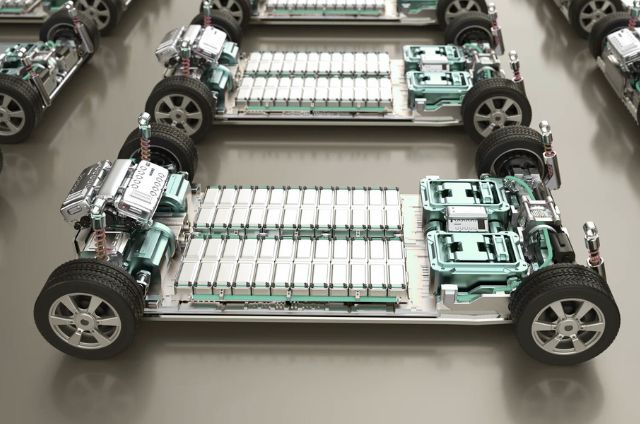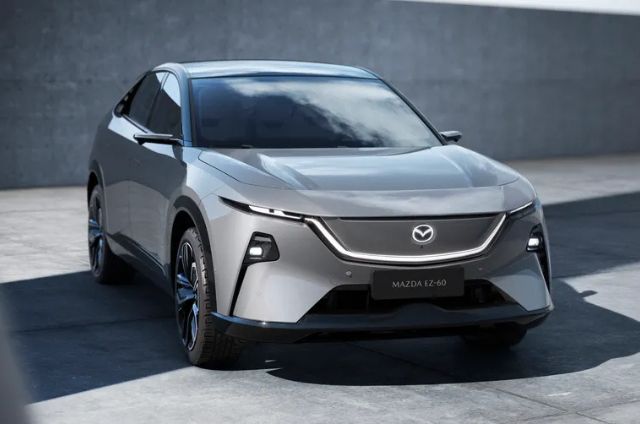Smarter Way to Track Battery Health
Batteries are the heart of every electric vehicle, but they are also one of the fastest-aging components. Concerns about battery life often hold buyers back. Now, researchers at Uppsala University in Sweden believe they have a solution.
Their new AI-driven model can predict EV battery lifespan up to 70% more accurately than current methods. The breakthrough could help automakers design smarter charging systems that preserve battery health and extend vehicle lifespans.
Looking Inside the Battery
Traditionally, batteries have been treated as “black boxes.” Drivers just expect them to work until they don’t. Professor Daniel Brandell, head of the Ångström Advanced Battery Center, says this has to change.
By studying the inner chemistry of batteries during charging cycles, researchers gained a clearer picture of what really happens over time. With these insights, manufacturers can create systems that manage batteries more effectively, keeping them in good condition longer.
Years of Data, Powerful Results
The study tracked different batteries over several years. Researchers built a detailed database of charging behaviors and chemical changes. They examined how fast charging, slow charging, and battery age influence long-term performance.
Not surprisingly, fast charging had a bigger impact on wear. But thanks to the new model, automakers can now predict how much life is lost under different charging conditions—and design smarter solutions to minimize damage.
Beyond Longevity: Safety Matters Too
The team also sees a safety angle. Better modeling of battery aging could help prevent overheating or failures that fuel concerns about EV fires. Safer batteries will build more trust among buyers and encourage broader EV adoption.
The Road Ahead
If adopted, this new model could reshape how automakers charge, manage, and protect EV batteries. Longer life, safer vehicles, and smarter charging may soon become the standard.
The big question is—how quickly will the industry embrace it?



